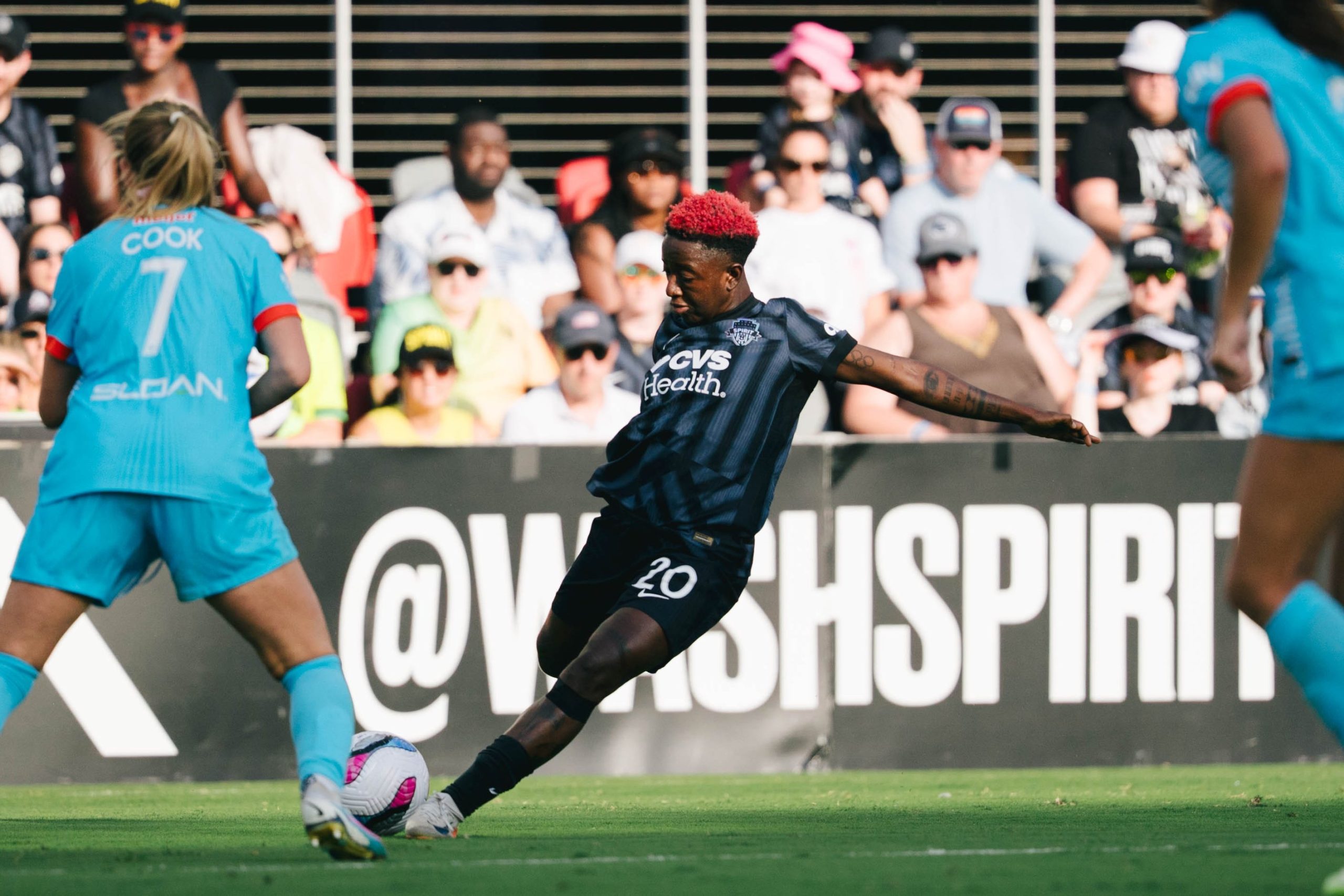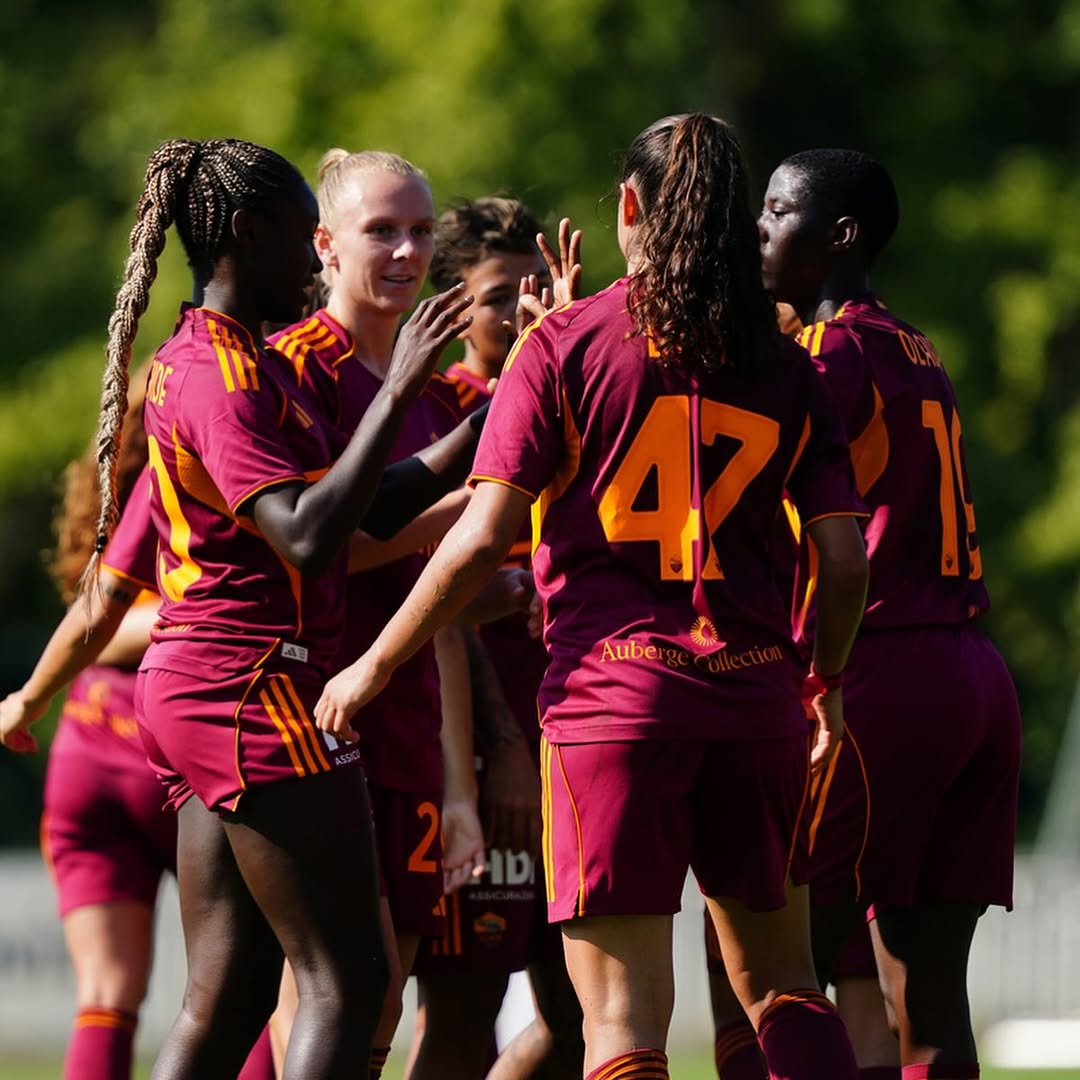Watch Highlights Of Falcons Three Matches At Their First World Cup.
.
The year 1991 holds a special place. It was the year the Super Falcons, Nigeria’s women’s national football team, took their first bow on the world stage at the inaugural FIFA Women’s World Cup in China. It was not just a monumental moment for the country but also for African women’s football, as the Falcons carried the weight and hopes of an entire continent on their youthful shoulders.
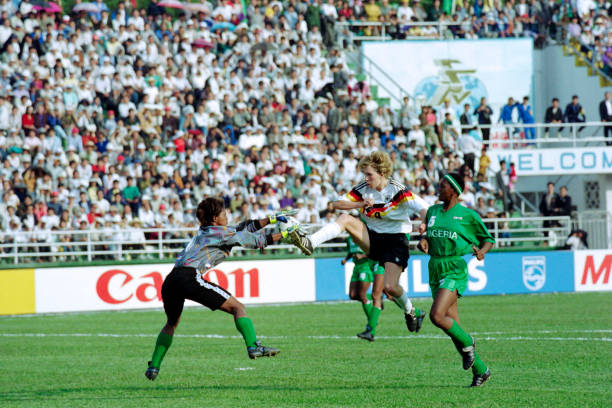
Originally nicknamed the Amazons, the team were eventually dubbed the Super Falcons. The violent connotations of Amazons no doubt made some nervy, so it was quietly ditched in favour of the more ladylike Falcons.
What made this feat even more remarkable was the composition of the team itself, young, determined, and fearless girls from different parts of Nigeria, many of them teenagers and secondary school students, yet ready to etch their names into football folklore.
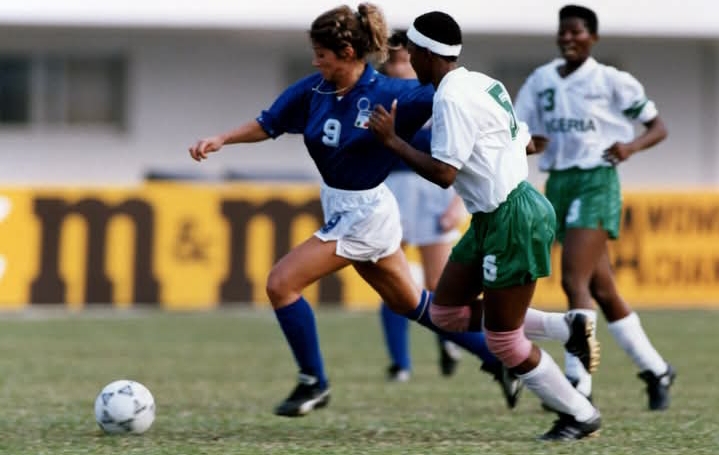
This is the story by www.superfalconsshow.com of the brave 18 young women who formed Nigeria’s very first FIFA Women’s World Cup squad and opened the door for generations of Super Falcons to come.
The Road to China 1991
Long before global recognition, women’s football in Nigeria existed in pockets, nurtured by grassroots clubs like Ufuoma Babes of Warri, Kakanfo Queens of Abeokuta, Jegede Babes of Lagos, and Rivers Mermaids of Port Harcourt. These clubs, scattered across different regions, gave talented young girls a platform to express their passion for the game at a time when women footballers often battled prejudice, limited funding, and a society that relegated women’s sports to the shadows.

In 1991, following FIFA’s announcement of a women’s world championship, Nigeria assembled its most promising talents, a group of teenage girls whose raw abilities were honed on sandy pitches and school fields across the nation.
Meet the Trailblazers: Nigeria’s Class of ‘91
Florence Omagbemi, a gifted midfielder from Delta State, barely 16 years old at the time, Florence was a student with a warrior spirit, representing Ufuoma Babes of Warri. Little did the world know then that this young girl would go on to become one of Africa’s most decorated women football icons, later winning the African Women’s Cup of Nations as both a player and coach.
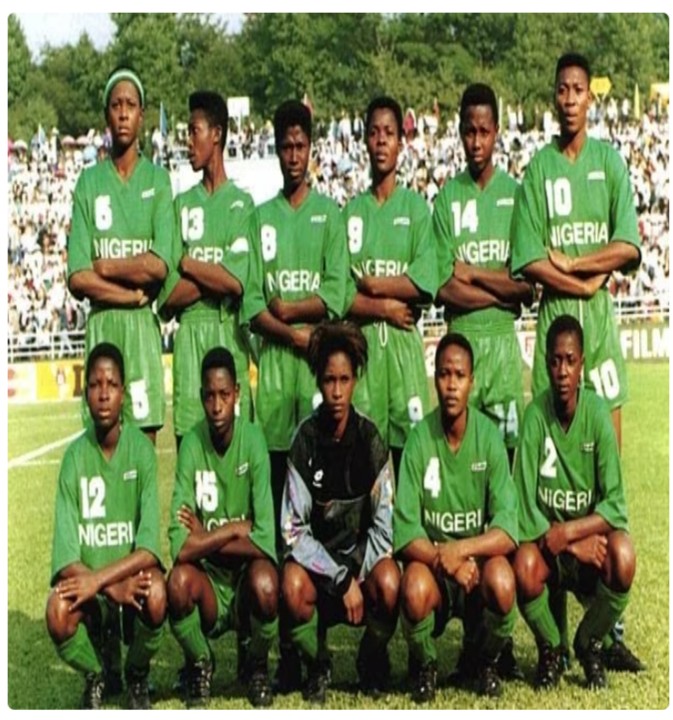
Another standout was Uche Ngozi Eucharia, the fearless striker from Imo State. Born in 1973, Uche’s sharp instincts in front of goal made her a reliable attacker for both club and country. She would later rewrite history by becoming the first African woman to win the continental championship as both player and coach, a feat only Florence Omagbemi would later match.
The team’s goalkeeping duties were handled by Ann Agumanu Chiejine, the Imo State-born shot-stopper famed for her trademark bandana. Agile and commanding, Ann featured at Nigeria’s first three Women’s World Cups (1991, 1995, 1999) before handing over the gloves to Precious Dede. Today, she remains a respected figure in Nigerian football circles, serving as an assistant coach to the Super Falcons.
Among the defenders was Chioma Ajunwa, an Imo State-born athlete whose versatility saw her representing Nigeria both in football and athletics. A school certificate holder at the time, Chioma would later achieve global fame by becoming Nigeria’s first Olympic gold medalist in long jump at the 1996 Atlanta Games.
In attack, the team relied on talents like Rita Nwadike, who etched her name in history by scoring Nigeria’s first-ever FIFA Women’s World Cup goal. Born on July 27, 1973, and playing for Rivers Mermaids.
Names like Nkiru Doris Okosieme, the Captain, known as “The Headmistress” for her aerial dominance, Okunwa Gift Igunbor of Edo State, Sarah Okotie-Eboh, and Love Omon Branch filled out a squad rich in regional diversity and unshakable ambition.
The Matchday Battles and Lessons
Though the Falcons were grouped with powerhouses like Germany, Italy, and China Taipei, they stepped onto the pitch in China armed with the resilience that only Nigerian athletes possess. The matches were tough, defeats stung, and the global stage was unforgiving, but each game played was a lesson learned and a foundation laid.
The Legacy and Lasting Impact
While the 1991 campaign ended at the group stage, its significance cannot be overstated. The bravery and pioneering spirit of these young women shattered stereotypes and inspired thousands of girls across Nigeria and Africa. They laid the groundwork for a Super Falcons dynasty that would dominate African women’s football for decades, winning a record 9 African Women’s Cup of Nations titles and reaching the knockout stages of the World Cup on multiple occasions.
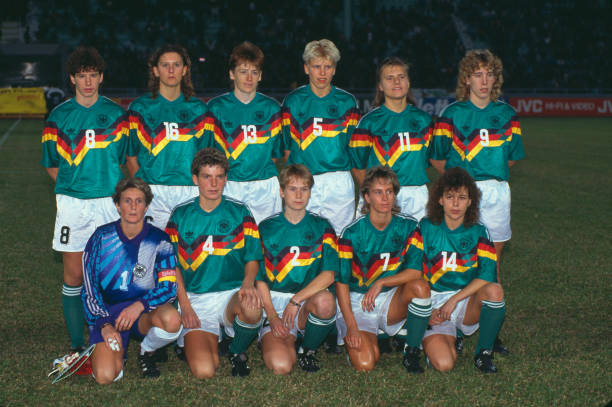
Many members of that squad went on to serve Nigerian football in various capacities. Florence Omagbemi and Uche Eucharia made history as coaches. Ann Chiejine continues to shape young talents from the sidelines. Chioma Ajunwa became a beacon for women in sports, breaking barriers in both football and athletics.
Ann Chiejine (Goalkeeper)
•Diana Nwaiwu (Defender)
•Ngozi Ezeocha (Defender)
•Adaku Okoroafor (Forward)
•Omo-Love Branch (Defender)
•Nkechi Mbilitam (Midfielder)
•Chioma Ajunwa (Forward)
.Rita Nwadike (Forward)
•Ngozi Uche (Forward)
•Mavis Ogun (Defender)
•Gift Showemimo (Forward)
•Florence Omagbemi (Midfielder)
•Nkiru Okosieme (Midfielder)
•Phoebe Ebimiekumo (Defender)
•Ann Mukoro (Midfielder)
•Lydia Koyonda (Goalkeeper)
•Edith Eyuma (Defender)
•Rachael Yamala (Midfielder
Conclusion: More Than a Football Team
The story of Nigeria’s 1991 Super Falcons is one of courage, defiance, and belief. They weren’t just a football team, they were trailblazers who defied the odds and changed perceptions. Their journey reminds us that history is often made not by those with the most resources, but by those with the most resilience.
Today, as Nigeria continues to produce world-class talents like Asisat Oshoala, Rasheedat Ajibade, we owe a debt of gratitude to the young girls of 1991. Their bravery carried the hopes of a nation and a continent and forever changed the face of African women’s football.


